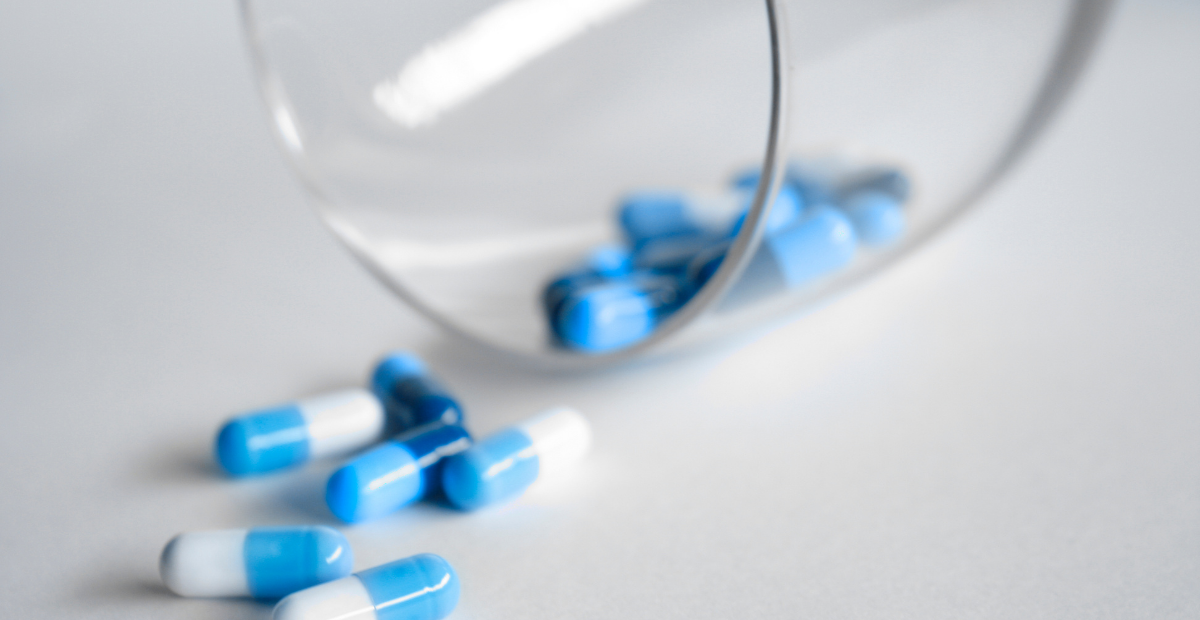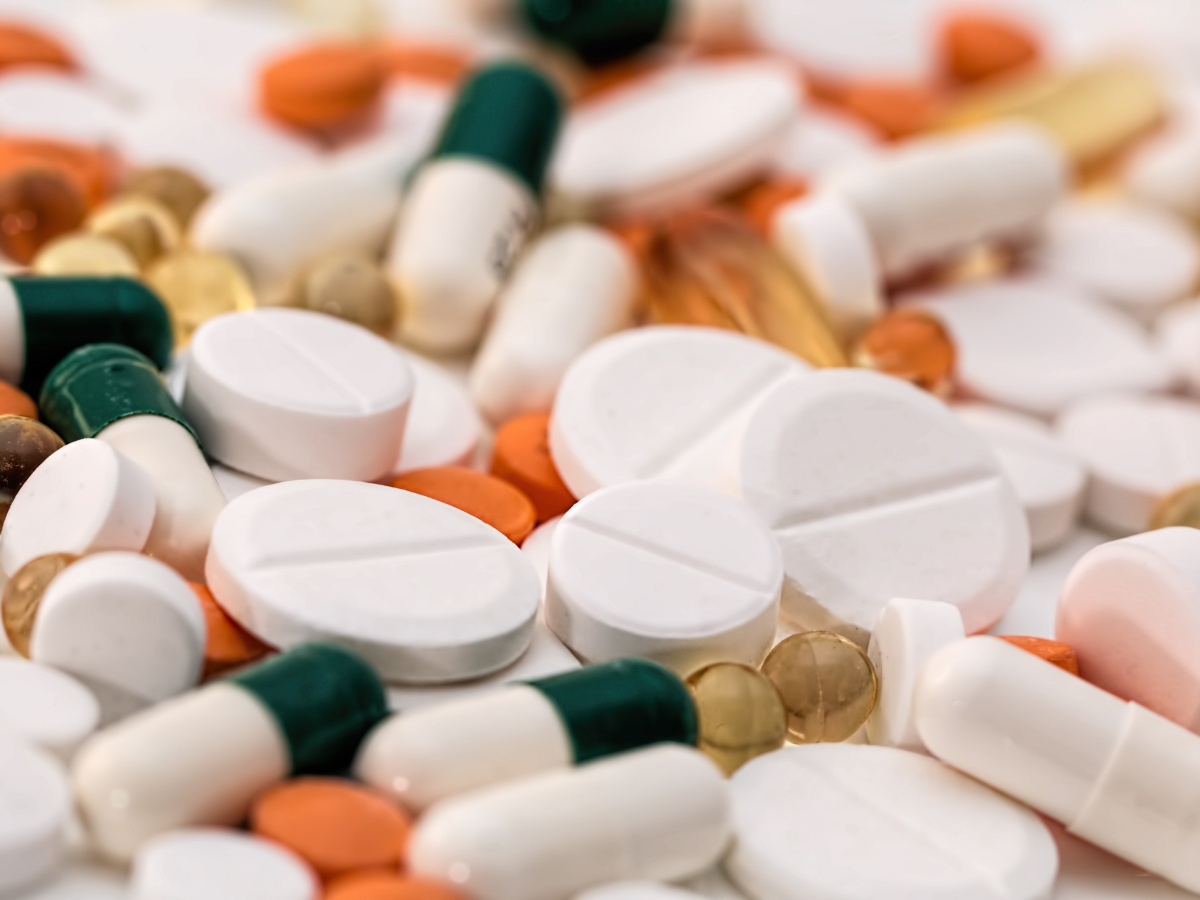Alcohol and Kidney Disease
Alcohol use disorder affects many parts of your body, including your kidneys. A little alcohol—one or two drinks now and then—usually has no serious effects. However, excessive drinking–more than four drinks daily—can affect your health, increase your chances for kidney disease and other alcohol-related diseases. When experts talk about one drink, they are talking about one 12–ounce bottle of beer, one glass of wine, or one ounce (one-shot) of “hard liquor.” [1]
Alcohol and Kidneys Disease Symptoms
The areas around your kidneys may feel sore after you drink alcohol. This is the area at the back of your abdomen, under your ribcage on both sides of your spine. This pain may be felt as a sudden, sharp, stabbing pain or more of a dull ache. It may be mild or severe and can be felt on one or both sides of the body.
Kidney pain may be felt in the upper or lower back or between the buttocks and lower ribs. The pain may be felt immediately after consuming alcohol or after you’ve stopped drinking. Sometimes it gets worse at night.

Other symptoms of alcohol and kidneys complications include:
- Vomiting
- Nausea
- Painful urination
- Blood in the urine
- Loss of appetite
- Trouble sleeping
- Headaches
- Fatigue
- Fever
- Chills
How Alcohol Affects Your Kidneys
The kidneys have an important job as a filter for harmful substances. One of these substances is alcohol. The kidneys of heavy drinkers have to work harder. Alcohol causes changes in the function of the kidneys and makes them less able to filter the blood. Alcohol and kidneys also affect the ability to regulate fluid and electrolytes in the body. When alcohol dehydrates (dries out) the body, the drying effect can affect the normal function of cells and organs, including the kidneys. In addition, alcohol can disrupt hormones that affect kidney function.
Alcohol and Kidneys Function
Too much alcohol can also affect your blood pressure. People who drink too much are more likely to have high blood pressure. And medications for high blood pressure can be affected by alcohol. High blood pressure is a common cause of kidney disease. More than two drinks a day can increase your chance of developing high blood pressure. Drinking alcohol in these amounts is a risk factor for developing a sign of kidney disease, protein in the urine (albuminuria). The good news is that you can prevent this by not drinking too much alcohol. [2]
By promoting liver disease, chronic drinking adds to the kidney’s job. The rate of blood flow to the kidneys is usually kept at a certain level so that the kidney can filter the blood well. Established liver disease impairs this important balancing act. In fact, most patients in the United States diagnosed with both liver disease and associated kidney dysfunction are alcohol dependent.

The Centers for Disease Control estimates that most American adults (two out of three) drink alcohol. Too often, some of these regular drinkers have more than five drinks at one time. In fact, about a quarter of drinkers reported they had done this on at least one day in the past year. “Binge” drinking has harmful effects on the kidney that can even lead to acute kidney failure. A sudden drop in kidney function is called acute kidney failure. This often goes away after a time, but it can occasionally lead to lasting kidney damage. [3]
Even without binge drinking, regularly drinking too much too often can also damage the kidneys. The damage occurs more slowly. Regular heavy drinking has been found to double the risk of chronic kidney disease, which does not go away over time. Even a higher risk of kidney problems has been found for heavy drinkers who also smoke. Smokers who are heavy drinkers have about five times the chance of developing CKD than people who don’t smoke or drink alcohol to excess.
Effects on Fluid and Electrolyte Balance
The acute effect of ethyl alcohol ingestion is to induce diuresis with excretion of free water and preservation of electrolytes. This occurs as the blood alcohol concentration is increasing and is due to the suppression by alcohol of the endogenous release of ADH. During a steady blood alcohol concentration, alcohol acts as an antidiuretic, causing retention of water and electrolytes. While at steady-state, additional doses of alcohol will produce progressively smaller and eventually absent diuretic responses. The chronic effect of alcohol and kidneys is to promote isosmotic retention of water and electrolytes due to increased ADH levels.
Antidiuretic hormone (ADH) is a hormone that helps your kidneys manage the amount of water in your body. The ADH test measures how much ADH is in your blood. This test is often combined with other tests to find out what is causing too much or too little of this hormone to be present in the blood.
Excess water and electrolytes are acutely excreted in response to additional alcohol ingestion. With the cessation of alcohol intake, this excess will be excreted over several days. Routine parenteral fluid administration to chronic and withdrawing alcoholics should be avoided. The role of potassium and magnesium in the genesis of specific manifestations of alcohol withdrawal syndrome is not clear. Alcoholic patients may have electrolyte abnormalities due to alcohol-induced diseases, poor nutrition, or vomiting and diarrhea. Each case must be individually evaluated.
Alcohol Effects on Body Fluid Volume and Blood Pressure
Alcohol and kidneys increase blood levels of the hormone renin, which causes the blood vessels to constrict. This means that they get smaller in diameter. Renin also decreases how much fluid the body eliminates as urine. This combination of higher fluid levels in the body and smaller blood vessels increases blood pressure.
Acid-Base Balance Effects
Alcohol-induced acidosis is a mixed acid-base disturbance. Metabolic acidosis is due to lactic acidosis, ketoacidosis, and acetic acidosis but the degree of each varies from patient to patient. Metabolic alkalosis is frequently present due to ethanol-induced vomiting.
Alcohol and Kidneys Regulatory Effects
Alcohol can disrupt the hormonal control mechanisms that govern kidney function. By promoting liver disease, chronic drinking has further detrimental effects on the kidneys, including impaired sodium and fluid handling and even acute kidney failure.
In rare cases, binge drinking — five or more drinks at a time — can cause a sudden drop in kidney function called acute kidney injury. This serious condition occurs when toxins from alcohol build up in your blood so fast your kidneys can’t maintain the proper fluid balance.
How Much Alcohol Is Too Much?
Having more than three drinks in a day (or more than seven per week) for women, and more than four drinks in a day (or more than 14 per week) for men, is considered “heavy” drinking. The kidneys of heavy drinkers have to work harder. Heavy drinking on a regular basis has been found to double the risk for kidney disease.
Some people should not drink at all. Ask your healthcare provider if it is safe for you to drink, especially if you have a medical condition or take medicines that might be affected by using alcohol. Women, older people, and those with smaller bodies should be especially careful. Of course, pregnant women are advised not to drink alcohol.
Alcohol and Kidney Failure
Binge drinking (usually more than four to five drinks within two hours) can raise a person’s blood alcohol to dangerous levels. This can cause a sudden drop in kidney function known as “acute kidney injury.” When this happens, dialysis is needed until a person’s kidney function returns to normal. Acute kidney injury usually goes away in time, but in some cases, it can lead to lasting kidney damage.
Preventing Kidney Damage and Disease
Reducing alcohol intake can lessen the risk of alcohol-related kidney disease. Avoid binge drinking, and drink plenty of water if drinking alcohol. People with chronic kidney disease should not drink alcohol at all, and they can speak to a doctor for help with quitting if they are finding it challenging.
Alcohol and Kidneys Treatment
More than 14 million adults ages 18 and older have alcohol use disorder (AUD), and 1 in 10 children live in a home with a parent who has a drinking problem. [4] Considered a brain disorder, AUD can be mild, moderate, or severe. The good news is that research shows that about one-third of people who are treated for alcohol problems have no further symptoms 1 year later. Many others substantially reduce their drinking and report fewer alcohol-related problems. [5]
If you are an alcoholic, your very first step in recovery should be to medical detox in a safe and medically supervised setting.

We Level Up TX drug addiction or alcohol treatment center medically assists clients to clear their systems of addictive substances, such as alcohol. For anyone who suffers from addiction, just the thought of having to stop drinking alcohol can cause severe mental distress. But, with the help of a medical detox center, the medical detox process is managed.
A comprehensive team prescribing medications can alleviate your withdrawal from alcohol and kidneys pains while monitoring your health 24 hours. Assuring both your safety and comfort. We Level Up TX’s thorough approach to rehabilitation supports several levels of care to ensure the best possible outcome for every client who enters our doors. From an intensive and more supportive atmosphere for those in the early days of recovery to a comfortable residential-style living dynamic upon completion of detox, we are here to help guide you down the safe and results-based path to your sobriety.
If you or someone you love is seeking a safe, secure, and compassionate resource for alcohol treatment, We Level Up TX is here for you. Call us and speak with an addiction counselor today about our levels of care.
Sources:
[1-2] Alcohol and Kidneys – https://www.kidney.org/news/kidneyCare/winter10/AlcoholAffects#:~:text=Alcohol%20causes%20changes%20in%20the,and%20organs%2C%20including%20the%20kidneys.
[3] Understanding Alcohol Use Disorder – National Institute on Alcohol Abuse and Alcoholism
[4-5] Alcohol Use Disorder (AUD) – National Institute on Alcohol Abuse and Alcoholism





